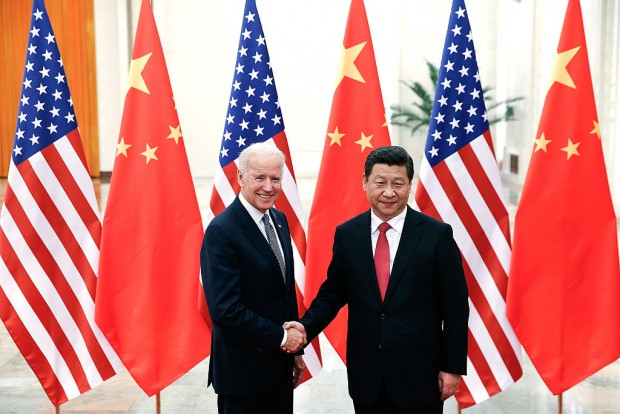Survey Reveals Over 50% of Southeast Asians Choose China Influence Over the US
By John Lopez
Apr 04, 2024 03:29 PM EDT
Apr 04, 2024 03:29 PM EDT
A recent survey conducted by the ISEAS-Yusof Ishak Institute has unveiled a significant shift in alignment preferences among Southeast Asians.
Over half of respondents, totaling 50.5%, preferred aligning with China over the United States if forced to choose between the two superpowers.
The State of Southeast Asia 2024 survey, conducted between Jan. 3 and Feb. 23, collected responses from 1,994 individuals across the region. This survey, encompassing diverse participants from the private sector, government, academia, and NGOs, reflects the prevailing attitudes towards geopolitical alliances in Southeast Asia.
Key findings indicate a notable surge in China's influence within the region. Nikkei Asia notes that China's economic ties, particularly through initiatives like the Belt and Road infrastructure initiative, have bolstered its standing, with countries such as Malaysia, Indonesia, and Laos showing strong preferences for alignment with China.
Conversely, while the United States maintains strong support from countries like the Philippines and Vietnam, overall, its popularity as the preferred superpower has declined. Concerns about China's expanding presence and assertive measures, particularly in areas like the South China Sea, have contributed to this shift in sentiment.
READ NEXT: China's Lucrative Livestream Shopping Industry: Influencer Shocks with $13M Tax Bill

(Photo : Photo by Lintao Zhang/Getty Images)
Interestingly, despite the growing rivalry between China and the US, Southeast Asians generally prefer neutrality. When asked about ASEAN's response to the intensifying rivalry, only 8% of respondents suggested choosing sides, while 46.8% emphasized prioritizing unity and resilience within ASEAN to counter pressures from both superpowers.
The survey also underscores perceptions of China as Southeast Asia's most influential economic and political power, far ahead of the US. Trade volume between ASEAN and China reached a record high of US$722 billion in 2022, further highlighting China's economic significance.
While optimism regarding future relations with China has surged, concerns persist regarding China's economic dominance, political influence, and actions in the South China Sea.
© 2024 VCPOST, All rights reserved. Do not reproduce without permission.
Join the Conversation